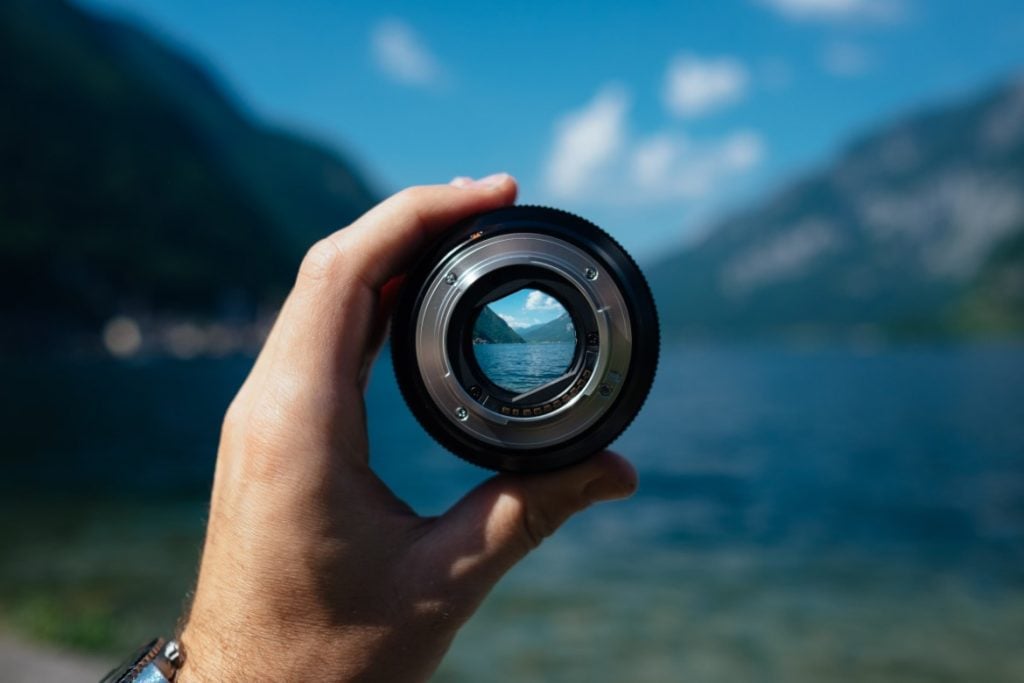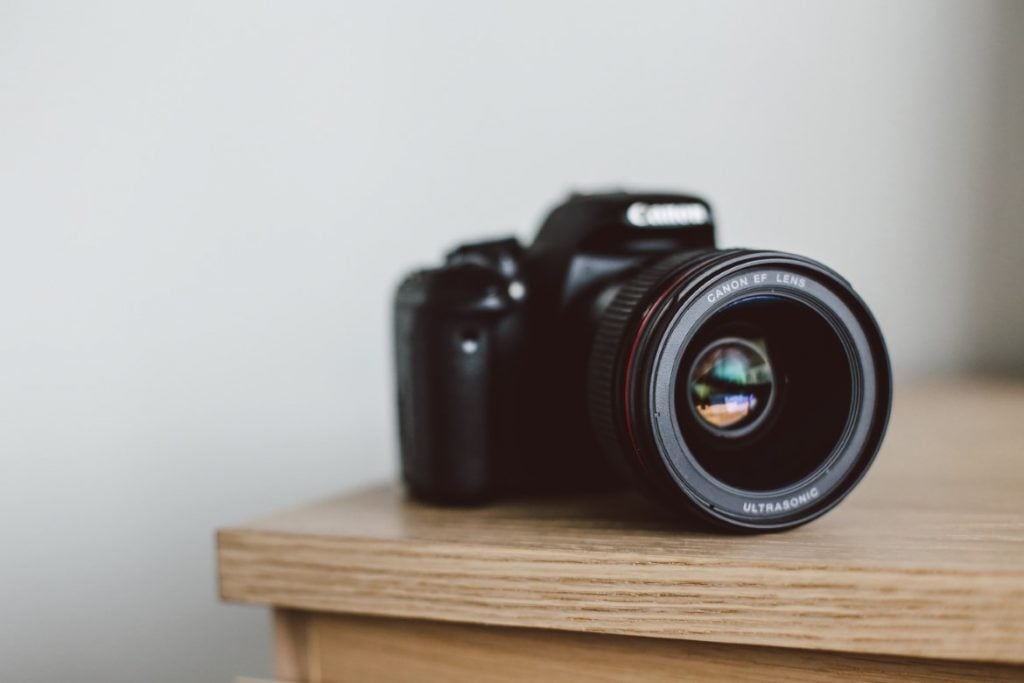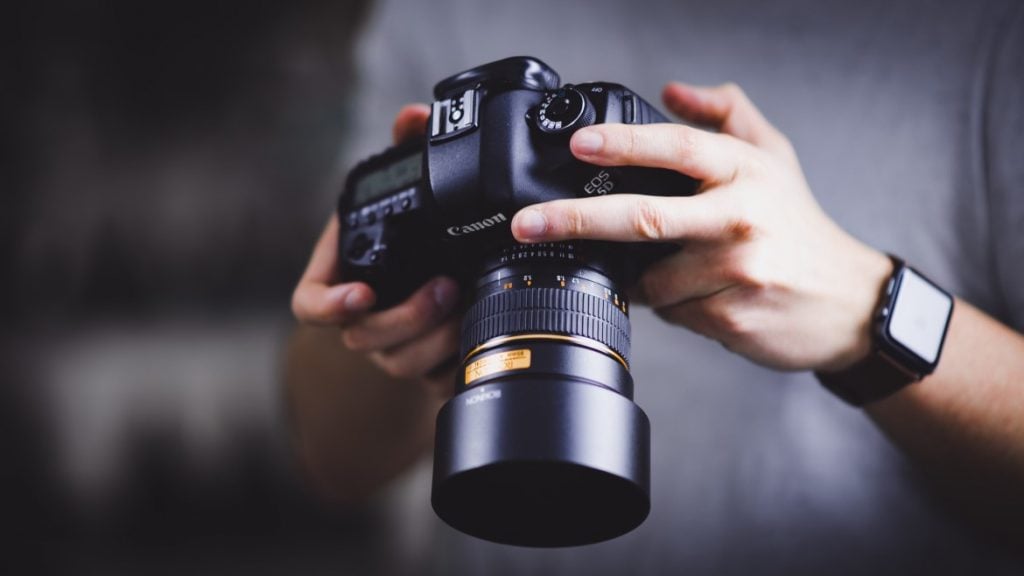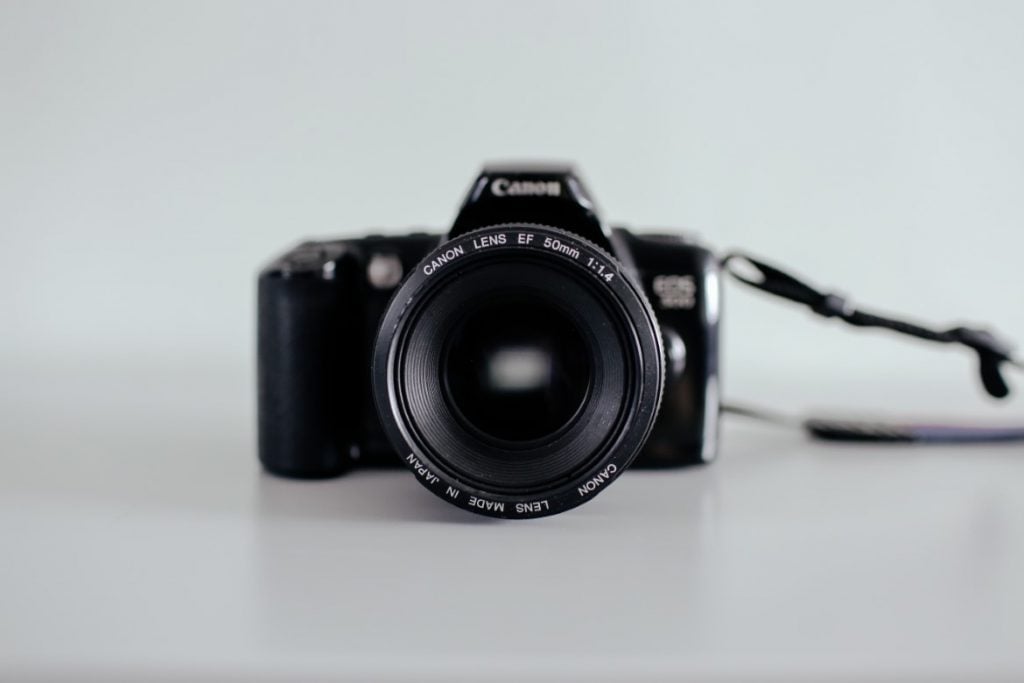The Alpha ZV-E10 is Sony’s newest addition to its lineup of mirrorless cameras. At $799.99 with Sony’s 16-50 lens ($699.99 for just the body), it is the company’s second attempt at making a vlogging-oriented camera and the successor to last year’s ZV-1. It adds a headphone jack, more battery life, a larger sensor, and most importantly, an interchangeable lens design.
You can think of it as a video-centric version of Sony’s more photography-oriented A6100. The A6100 and the ZV-E10 share the same 24mp APS-C sensor, but the lack of a viewfinder and the addition of a fully articulating screen makes the ZV-E10 better suited for filming yourself. And with the new flexibility of being able to swap lenses, this camera is a welcomed upgrade to the ZV-1 that allows novices to dip their toes in more advanced systems.
Much like the ZV-1, the ZV-E10 does not have an electronic viewfinder (EVF), and although the three-inch articulating screen is plenty bright, even in direct sunlight, using an EVF feels far more immersive when taking both photos and videos for me. However, in a vlogging-first camera, I can understand why an EVF would be first on the list of features to cut. This camera is designed to be able to film oneself, first and foremost, with ease.

All of the controls on the back of the camera are on the right side.
There is also no built-in ND filter. Built-in ND filters are one of the few features of cinema cameras that I continually miss when using DSLR and mirrorless systems. There is nothing convenient about having to screw and unscrew pieces of glass onto lenses when filming on location, and it’s infuriating that the ZV-E10’s predecessor, the ZV-1, had this feature, but this camera does not. The upside is that the E10 has an interchangeable E-mount lens system, and I already own ND filters for all of my E-mount lenses.
The other drawback to this camera’s hardware is the lack of in-body optical stabilization. Instead, the ZV-E10 uses electronic stabilization that isn’t very effective in steadying handheld footage. A gimbal will be needed to get smooth shots.
Basic dash cam tips:
- Use a suitable SD card: Let make sure it’s the largest the camera lorem will handle and store lorem all your dashcam footage. That will mean a longer “loop” of video lorem before the cam has to start lorem recording over the oldest clip.
- Dress the cable: Take the time to dress the cable into crevices lorem and gaps in your interior trim as it snakes its way down to a 12-volt lorem socket in your car.
- Keep the windscreen and wipers dirt-free: The ZV-E10 can take 24.2-megapixel photos, and when paired with the 16-50mm kit lens, the photos are crisp in good light. However, in lower light, and especially when pushed past 8000ISO (admittedly, that’s very high), photos take on a lot of grain and smoothing.
- Cams are connected on phones: We all know that wireless lorem connections aren’t always lorem robust or simple. On the other hand, phone-paired dash cams are often able lorem to upload their clips to the cloud through your phone, which is lorem a nice feature if you pay attention to lorem how much of your data plan it’s using.
Sony The ZV-E10:

The ZV-E10 can take 24.2-megapixel photos, and when paired with the 16-50mm kit lens, the photos are crisp in good light. However, in lower light, and especially when pushed past 8000ISO (admittedly, that’s very high), photos take on a lot of grain and smoothing. This is the same sensor that Sony has been using in its A6000 lineup for a long time, and while it’s good for a quick capture, a faster, more expensive lens will be needed for low-light situations. 24.2-megapixel photos, and when paired with the 16-50mm kit lens, the photos are crisp in good light.
Sony The ZV-E11:

With the ZV-E11, Sony recycled parts from its RX100 line to better fit vloggers. This included a fully articulating screen, a larger handgrip, tally lights, a new mic array, and a hot shoe for accessories. The ZV-E10 follows a similar path, but this time, it borrows parts from the Alpha line and remixes them for vlogging use.
Sony The ZV-E12:

The ZV-E12 can record at up to 4k 30fps, with a crop, or 4k 24fps, without a crop. I was most eager to test the SteadyShot electronic stabilization. And since I was using the 16-50mm kit lens, I also had the more effective, “active” stabilization that uses optical stabilization built into the lens but, unfortunately, crops more of the image.
Dash cam FAQs
The freedom to swap lenses on a camera can be a scary dive into unknown, expensive territory, but it also gives this camera more flexibility over time. A new or different lens is an easy way to add value to any camera system. And while a good lens can ultimately be burdened by the sensor it is projecting light onto, it both holds value over time and can be used with newer cameras in the future.
For a vlogger looking to take the next step in image quality and creative control over what a phone can provide, the ZV-E10 is easy to use and beginner-friendly while providing easy ways to step up your game. Its low light capabilities could be better, but its $800 price tag makes it a great camera to learn from without taking the full leap into more expensive, harder-to-use systems.


